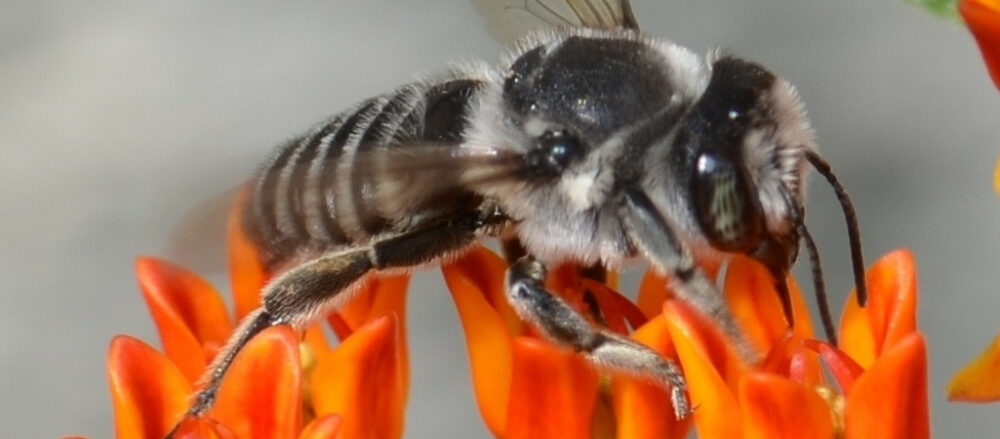While doing some research for a post on NYC’s street trees, I just discovered the Sustainable Sites Initiative:
The Sustainable Sites Initiative is an interdisciplinary partnership between the American Society of Landscape Architects, the Lady Bird Johnson Wildflower Center, the United States Botanic Garden and a diverse group of stakeholder organizations to develop guidelines and standards for landscape sustainability. The motivation behind this initiative stems from the desire to protect and enhance the ability of landscapes to provide services such as climate regulation, clean air and water, and improved quality of life. Sustainable Sites™ is a cooperative effort with the intention of supplementing existing green building and landscape guidelines as well as becoming a stand-alone tool for site sustainability.
On November 1, they released a Preliminary Report on the Standards and Guidelines for Sustainable Sites. The full report [PDF] is 107 pages and addresses several dimensions of landscape design, including hydrology (water), vegetation, soil, and materials (hardscape). They are now for which they are seeking “input on all aspects of the content.” Their goal is to release an updated version in October of 2008, completing the final report by May 2009.
This report makes three overarching recommendations for sustainable land development and management: 1) assemble a group of knowledgeable and diverse professionals to form an integrated project team, 2) prior to making decisions, conduct a complete and thorough assessment of the site, and 3) integrate land practices that replicate the functions of healthy ecological systems.
Sustainable land practices can support the functions of healthy systems and harness natural processes to provide environmental benefits. The Sustainable Sites Initiative is aimed at providing the land development and maintenance industries with the tools to move toward a more sustainable future.
The Web site provides synopses of the benefits of sustainable sites and how to implement them. The Human Well-Being section provides insight into the particular importance of living, green spaces for urban populations:
A series of studies of inner-city neighborhoods [Kuo, F.E. 2003. The role of arboriculture in a healthy social ecology. Journal of Arboriculture 29, 3:148-155] finds that green spaces with trees contribute to healthier, more supportive patterns of interrelations among residents, including greater sharing of resources.
Links
The Sustainable Sites Initiative
American Society of Landscape Architects
Lady Bird Johnson Wildflower Center
United States Botanic Garden
